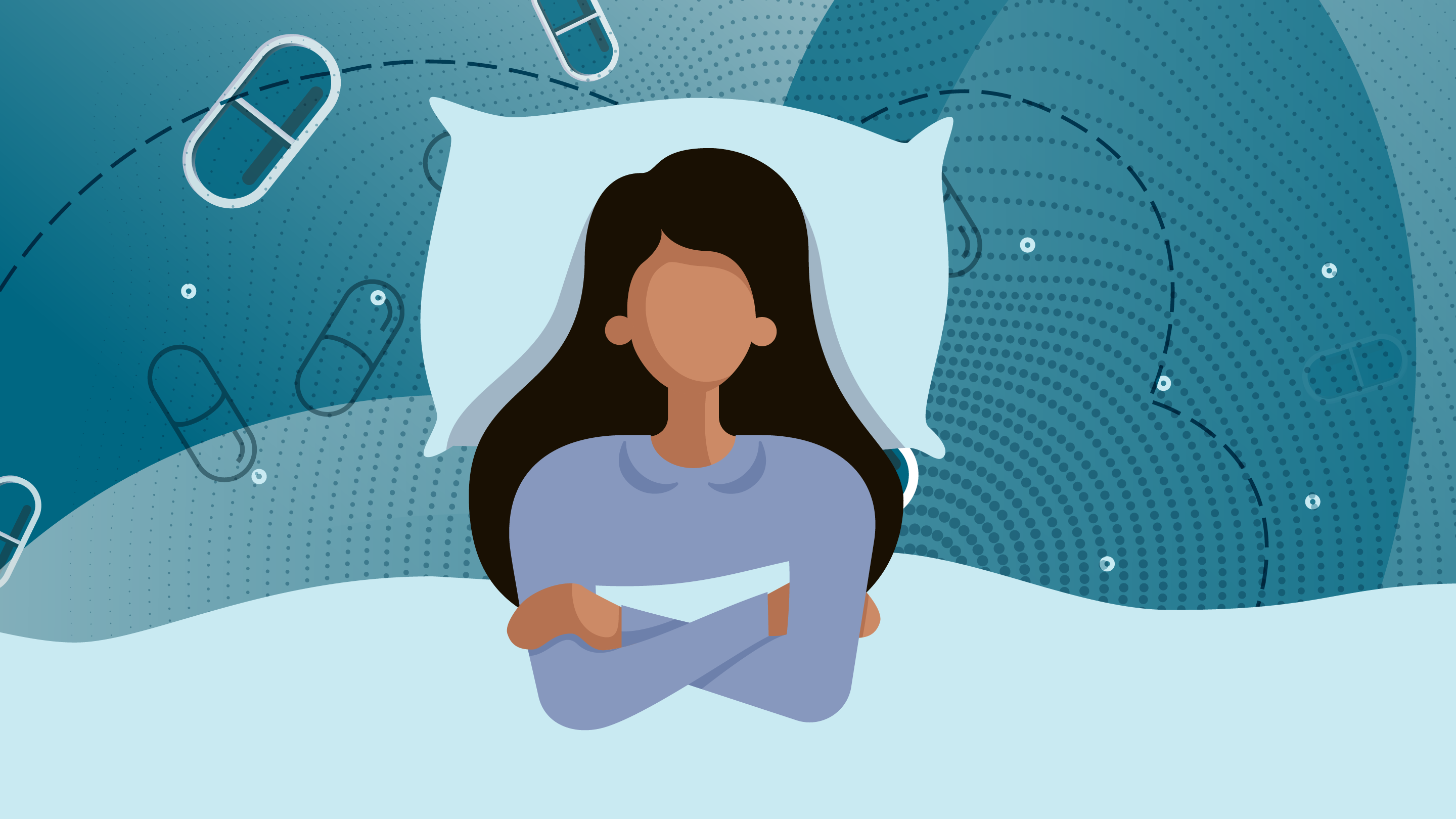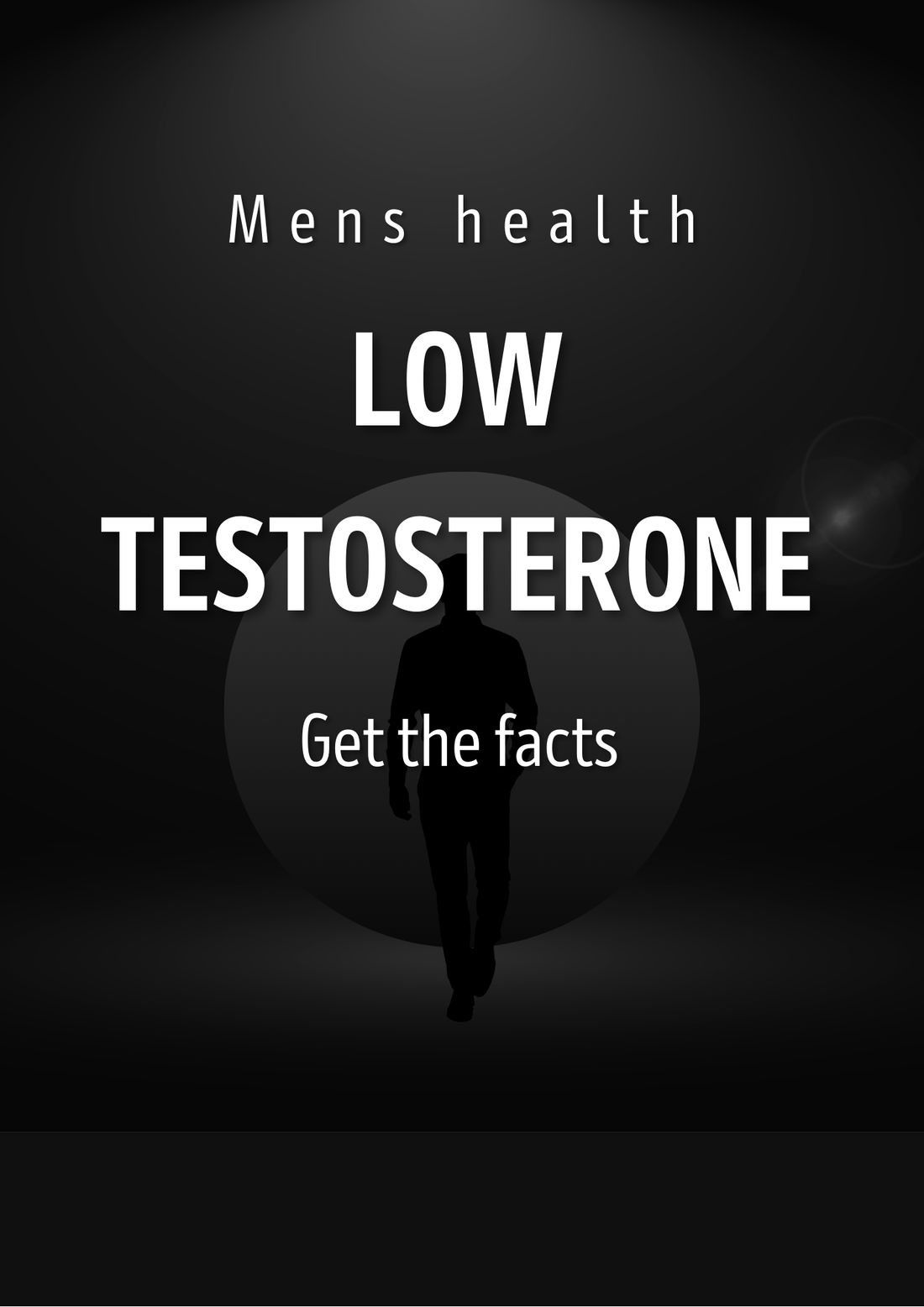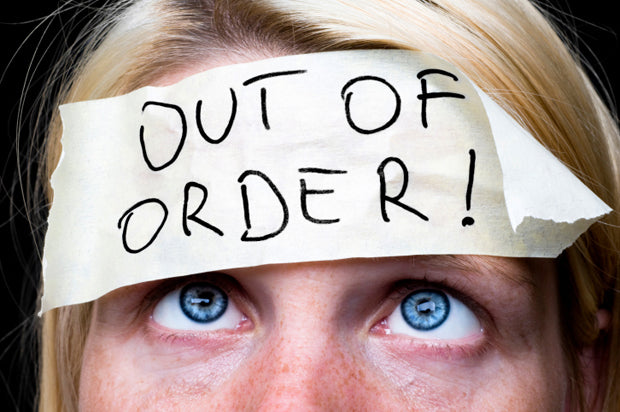Sleep is a topic we get asked about all the time. Here pharmacist Jane Fleming talks about Sleep and Insomnia. Jane has a background in community pharmacy, and worked for 10 years in a community pharmacy. Jane has worked for the last 4 years as a general practice pharmacist in a GP surgery.
A good nights sleep.
Most of us know that feeling of looking forward to going to bed because we’re exhausted but once you finally make it, you’re wide awake! There is nothing more frustrating than watching the hours tick by and working out in your head how many hours you could still sleep if you go to sleep… right…now…
Poor sleep is a problem that affects many adults and many people turn to their pharmacist or GP for sleeping tablets but is this the best way to manage the problem? Let’s talk about some strategies you can use to help you get a better night’s sleep.
Have you heard of sleep hygiene?
Sleep hygiene is not about washing your face or brushing your teeth before bed, but rather it’s a term used to describe the habits that can be formed to encourage good sleep. Making some changes to your bedtime routines can lead to improved sleep quality and help you to fall asleep faster.
Think about your sleep environment, let’s set the mood:
- Is your bedroom too hot/ cold? Generally, a cooler room is better for encouraging sleep with blankets to keep warm
- Is your bedroom dark enough? The dark causes our bodies to release melatonin which signals to our brain that it is time to sleep. If your room is too bright, consider installing a blackout blind or curtains with a blackout lining or try an eye mask
- Is your duvet the right for the season? Remember, you should switch to a lighter duvet or blanket during summer months and save those cosy duvets for the colder, winter months
- Is your bed comfortable? Your mattress should be replaced every 8-10 years
- Are your pillows right for you? These should be replaced every 2-3 years and vary in the support they offer- find the one that’s right for you.
- Are you taking any tablets that are keeping you awake - examples include stimulants such as pseudoephedrine. Check with your pharmacist.
- Are you taking medication that is making you get up during the night - taking your fluid tablets too late in the day and running to the toilet during the night. Check with your pharmacist

Tips for Sleeping
- Try to stick to a routine for sleeping, go to bed at roughly the same time and try to get up around the same time (yes, even at weekends) so that your body will learn to anticipate the routine
- Create a relaxing pre-bedtime routine. Turn off those devices, read a book, have a nice bath… whatever you find relaxing. Wind down during the course of the evening. Do not do anything that is mentally demanding within 90 minutes of bedtime.
- Don’t drink too much before bed and pay particular attention to your alcohol intake, remember that the recommended daily amount is no more than 14 units a week over at least 3 days
- Cut down on caffeine- you should limit the amount of tea, coffee and other caffeinated drinks after lunchtime. Why not try a herbal tea or switch to decaf?
- Avoid large meals close to bedtime, a small snack is fine and sometimes actually helps with sleep. Avoid anything spicy or hard to digest
- If you have an endless “to do” list going round in your mind, try writing it down before you get into bed
So you’re still not sleeping....
If you’ve tried all these hints and tips and you’re still regularly struggling with sleep, it may be time to seek further advice. Your GP or pharmacist can advise you on the available options:
· Sleeping tablets are not usually prescribed however, if you have already tried other methods to promote sleep your GP may prescribe a short course. These tablets can have side effects, including drowsiness the next day, and can be addictive if used long-term so you should not take them for longer than a few weeks. Talk to your GP or pharmacist to decide if this is the right thing for you.
Sleeping tablets should not be prescribed for more than 14 days, and should generally be avoided in the elderly.
· Herbal/ natural remedy sleeping tablets (these can interact with other medications so always check with your pharmacist)
· Sprays for your bedding to promote sleep (these contain soothing, natural ingredients to promote sleep such as lavender and camomile).

We are stockists of the Sanctuary Spa Sleep Mist
Taking magnesium supplements is another way to help you sleep. While studies are ongoing, there are some positive studies showing that taking magnesium can aid restful sleep.
Magnesium is a mineral found in every cell in the body. On a chemical level, magnesium aids this process by activating the parasympathetic nervous system, the system responsible for getting you calm and relaxed. It also regulates melatonin, the sleep hormone.
In addition, this mineral binds to gamma-aminobutyric acid (GABA) receptors. GABA is the neurotransmitter responsible for quieting down nerve activity in the brain.
By helping to quiet the nervous system, magnesium may help prepare your body and mind for sleep. Magnesium is generally considered safe, but you should always ask your pharmacist before taking ay supplement.
Magnesium bath salts are also great for muscle cramps and restless legs.
Available in Melvin Pharmacy - Better You Magnesium Bath Flakes

There is lots of advice and support out there
Watch the video below for a relaxing night time meditation:
https://www.nhs.uk/live-well/sleep-and-tiredness/bedtime-meditation/
I really recommend taking a look at The Better Sleep Council’s website for more information. https://bettersleep.org/





